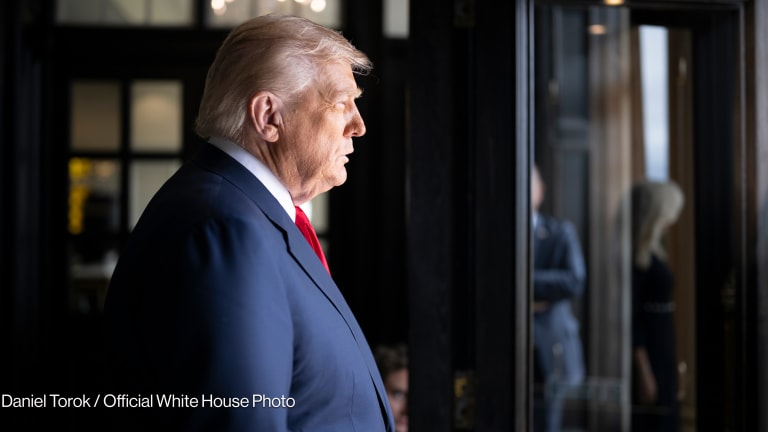
White House aid reform plans leaked this week may usher in the biggest political fight in decades over development policy and jurisdiction, a Washington insider predicts. Whether a major revamp of U.S. foreign assistance will survive this anticipated showdown is questionable.
A draft strategy prepared by National Security Council staff in the run-up to an April 21 meeting with other top administration officials suggests steps to refocus U.S. development aid and increase the U.S. Agency for International Development’s stature within the executive branch. The draft is not final, according to Josh Rogin, who first published a copy of the document on the Foreign Policy blog The Cable.
“The new White House plan to ‘elevate development as a pillar of national security strategy, equal to diplomacy and defense’ may spark the biggest political fight over development since Jesse Helms made the head of development report to the Secretary of State,” writes Patrick Cronin in a May 4 opinion piece, referring to the former North Carolina senator who in the 1990s spearheaded efforts to marginalize USAID.
On the other hand, the White House plans, if implemented, may just “restore USAID to its glory days in the 1960s,” when the agency enjoyed high prestige and independence, according to Cronin, senior advisor and senior director of the Center for a New American Security’s Asia-Pacific Security Program.
The directive aims to streamline U.S. development assistance, which is currently spread across 1,000 extant development goals and priorities.
“This most laudable of goals in the directive will face the toughest of battles, because it will require many centers of power in Washington to cede authority back to USAID,” Cronin writes in an opinion piece published by The Daily Caller. “The problem is not so much USAID as the proliferation of goals and authorities and earmarks that have often satisfied Washington’s powerbrokers at the expense of promoting development around the world.”
Then there’s the State Department, which under the draft plan would have to cede some power to a new interagency panel tasked with coordinating U.S. foreign assistance policy. Would it play ball?
The Modernizing Foreign Assistance Network released a statement calling for further detail on how and under what conditions “development and diplomacy need to be integrated and mutually reinforcing versus when development needs to stand alone.”
USAID itself may oppose some reform ideas advanced by the White House.
“[W]ill USAID, even in exchange for renewed authority over the nation’s development programs, and policy, agree with Congress on the governance and transparency necessary to birddog long-term development spending?” Cronin asks.
The U.S. Congress, of course, has final say on budget matters, and it will have to sign off on any sweeping aid reform. The draft’s “brief call for a new engagement with Congress only hints at the battle royal to be fought over scarce resources,” Cronin notes.
As long as the Obama administration continues to tweak its foreign assistance strategy, many questions remain unanswered.
Rizza Leonzon contributed to this report.








